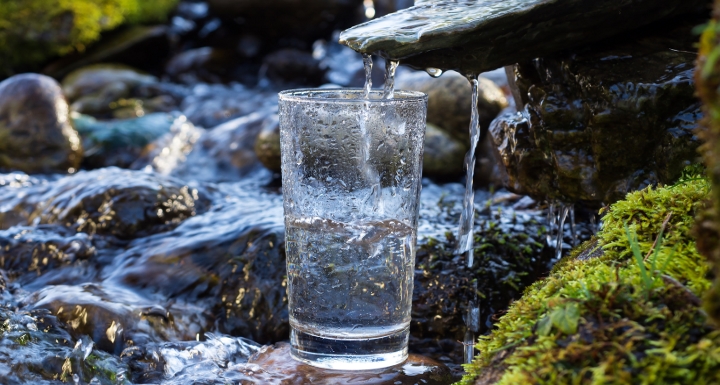
Last week, Senators Kamala Harris and Kirsten Gillibrand made safe drinking water a key environmental plank in their campaigns. Harris promised to work for passage of her “Water Justice Act” that would invest nearly $220 billion in clean and safe drinking water programs, with priority given to high-risk communities and schools. Senator Gillibrand promised in her climate change plan to pass a bill to address contamination of PFAS (a flame retardant chemical) in the drinking water around military bases to remove these chemicals nationwide, and she also has introduced the “Promoting Infrastructure and Protecting the Economy (PIPE) Act” to create a $5 billion federal water infrastructure grant program to help communities address urgent water projects.
Why This Matters; Climate change is an increasingly salient issue for Americans and it absolutely deserves the President’s immediate attention. But so is cleaning up our nation’s drinking water — and it is an issue that straddles party lines. Our drinking water is not crystal clean — there is unsafe drinking water all over the country — both because our infrastructure is old and because we are allowing too much pollution that is seeping into our groundwater and rivers and streams. And this water contamination problem is hurting frontline communities — minorities, rural communities and the poor — disproportionately. Many of the candidates say that clean drinking water is a basic human right that all Americans deserve it — but we need to demand specifics from all of them.
Harris’ Plan
In addition to the $220 billion, Harris would dedicate $50 billion in emergency funds to be given to communities whose water supplies have been contaminated, such as Flint, Mich., including funds to pay for water testing and to make emergency repairs of infrastructure that is tainting the water.
- “Every American has the right to clean water, period,” Harris said in a press release. “We must take seriously the existential threat represented by future water shortages and acknowledge that communities across the country — particularly communities of color — already lack access to safe and affordable water.”
Gillibrand’s Plan
Gillibrand actually proposed a plan for Flint’s water crises three weeks ago. Gillibrand would revise the law that allows the government to respond to natural disasters to include man-made disasters like contaminated water supply (or a major oil spill). She will also repurpose the money President Trump repurposed for the border wall and instead use it to address the water infrastructure problem — to get ahead of it by starting to make repairs. She will also raise the safety standard for drinking water and dedicate $400 billlion for water infrastructure repairs over the next 10 years.
Klobuchar Too
Senator Amy Klobuchar was actually the first to talk about aging infrastructure including water infrastructure — she proposed a $Trillion dollar plan that included a commitment to addressing our drinking and wastewater infrastructure, in particular for those in low-income communities, communities of color, and rural communities.
July 30, 2019 » clean water, Flint, Flint Water Crisis, Infrastructure, PFAS, safe drinking water

